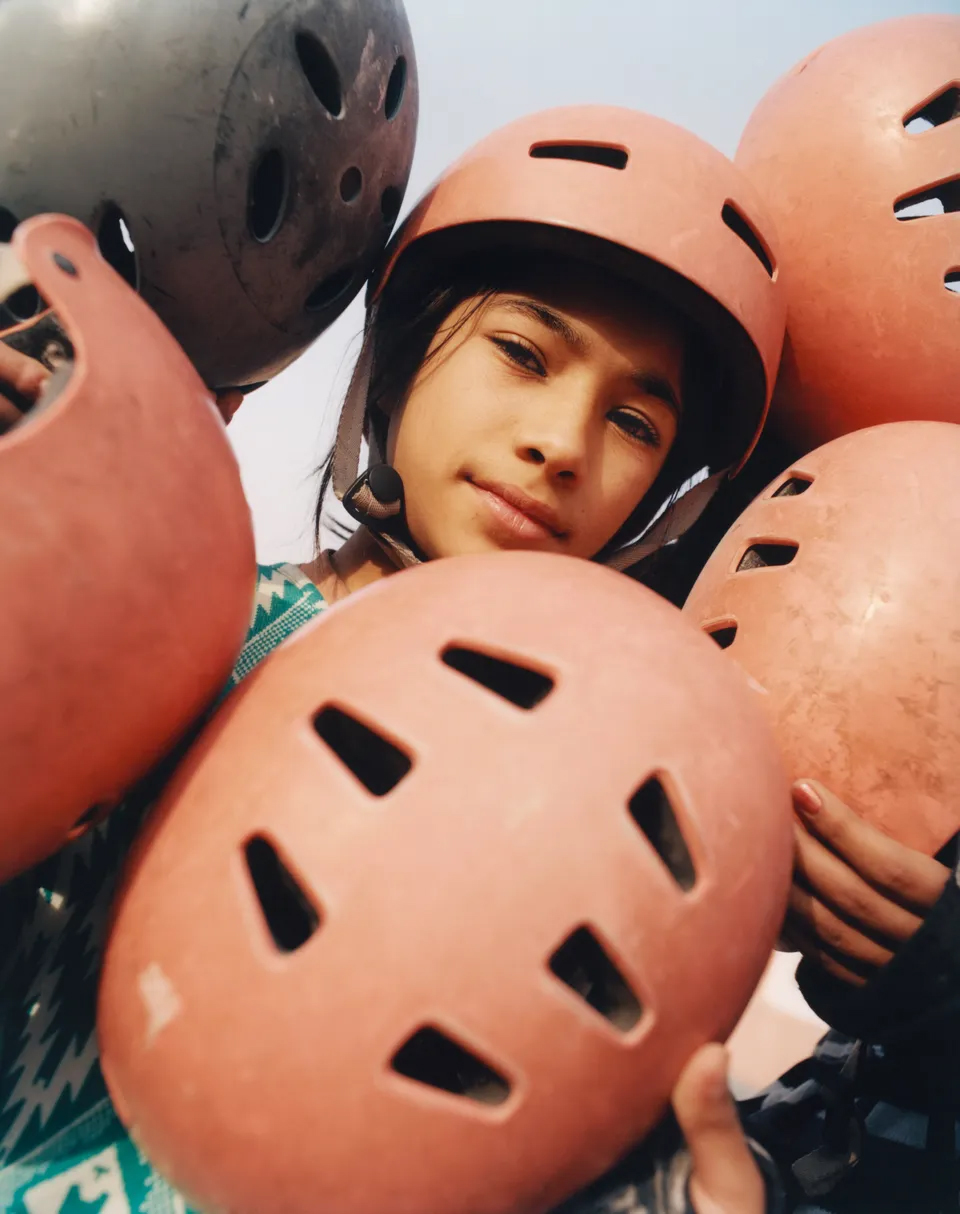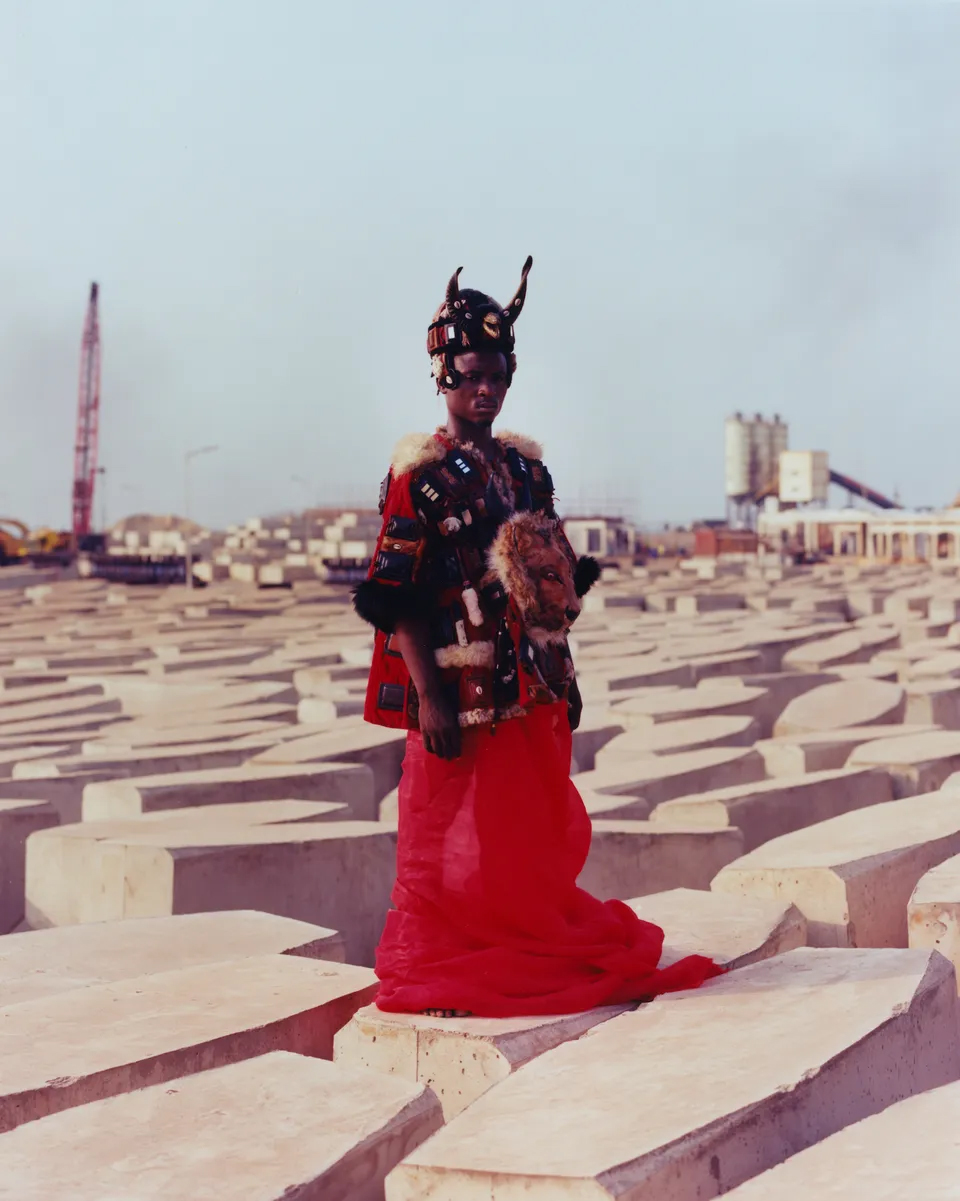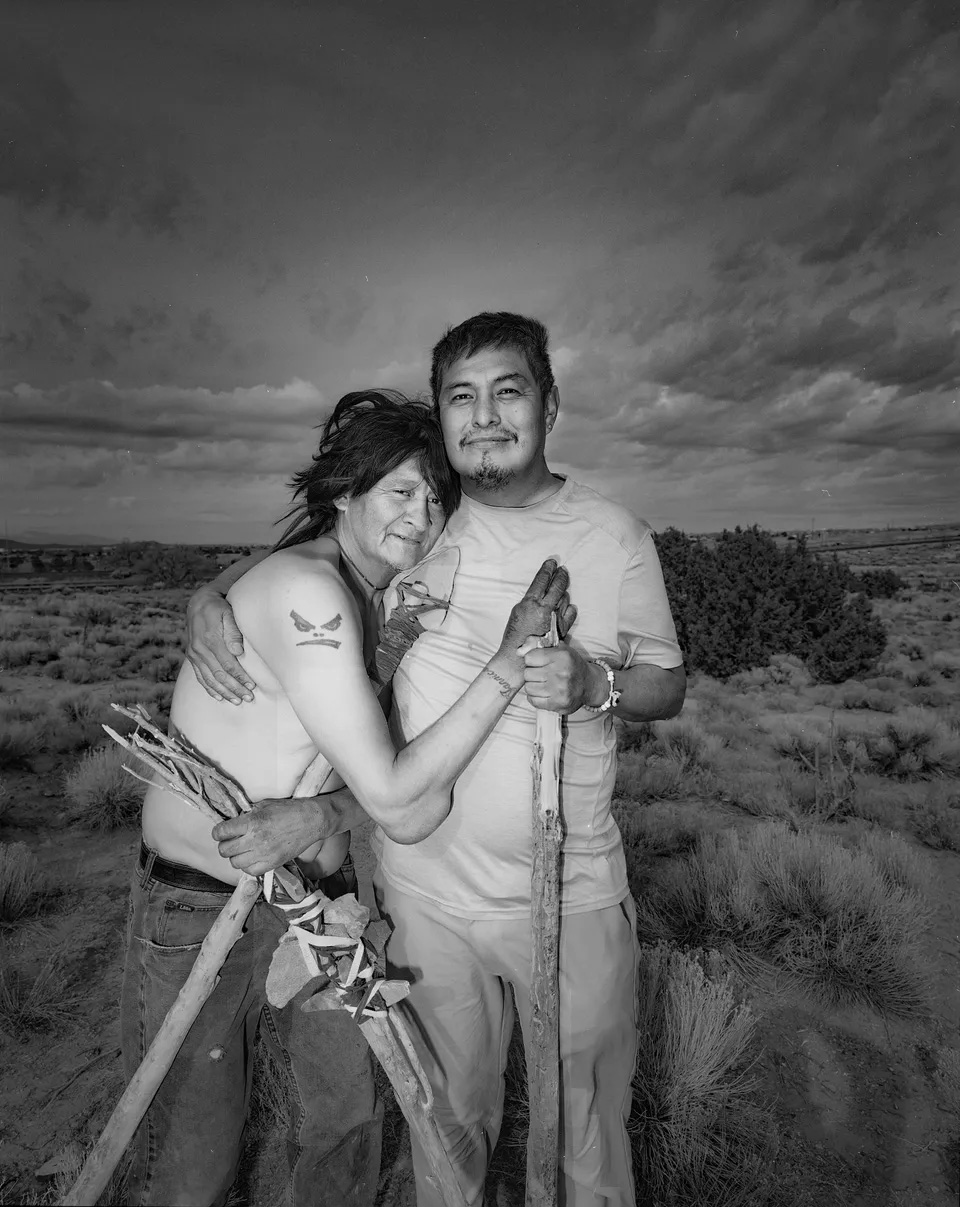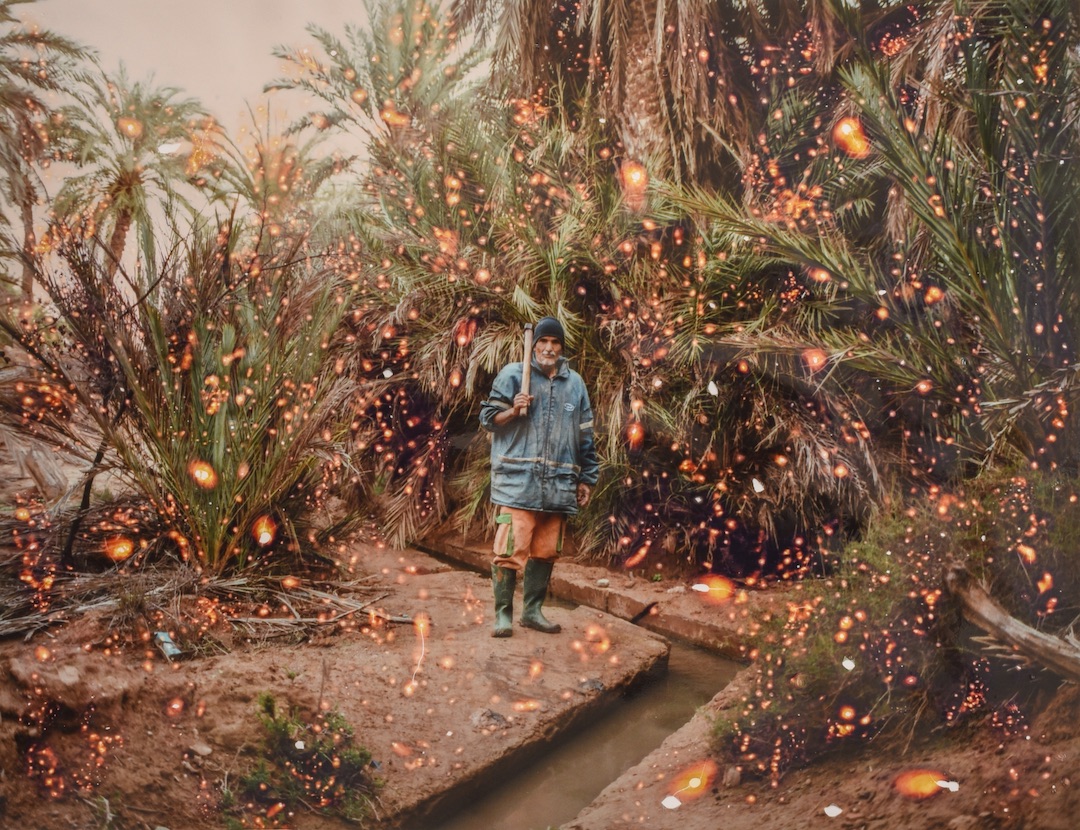© Ollie Tikare
From Morocco’s oases to the streets of Lagos, this year’s BJP competition winners present shared experiences from around the world
Skateboarding girls in Afghanistan, displaced locals in Ghana, and an elderly miner’s activist in the UK make up a few of the 30 winning images from the Portrait of Humanity competition. We’re excited to announce they’ll all be on display at Four Corners Gallery for the sixth edition of the competition this month.
The winning images have been chosen for not only their technical brilliance but also their narrative power. Ollie Tikare’s soft yet striking image, for instance, is taken from his portrait series Ọ̀dọ́ (‘Youth’ in Yoruba) about young men in Lagos, Nigeria. In a country where 70 per cent of the population are below the age of 30, youth culture is injected into everyday life. Tikare spent a month exploring the crowded streets of the capital city, spotlighting individuals who might otherwise be overlooked in the urban bustle. Tikare says that “Ọ̀dọ́ challenges prevailing stereotypes around masculinity and security while celebrating the resilience, creativity and diversity of Lagos’ youth.”




Elsewhere, Betty Oxlade-Martin takes us to Kerala, India where we meet two schoolgirls radiating joy. In a region which enjoys one of the highest literacy rates in India, Oxlade-Martin says that these two girls wear their education with pride; “the celebration of learning shines brightly among children.” And in Afghanistan, we meet young girls taking part in a skateboarding project, Skateistan, at a school in Mazar-e-Sharif.
Andrés Mario de Varona is one of three series winners, with his body of work No More Mud in Our Eyes which documents Aaron Garcia and his family in Santa Fe, California. The photographer met Garcia at a petrol station and connected over discussions about Native beliefs and traditions in the areas in California and New Mexico. The soft, black-and-white images are sincere portraits of a people and a place, and ask us to consider the necessary care woven between those living in marginalised communities. Garcia – whose nickname is Pillar – is an important figure in the local community as he cooks for the dispossessed and provides shelter for many during harsh weather.

In Morocco, Seif Kousmate’s series WAHA واحة aims to challenge orientalist tropes of the country’s oases, which carry a historically and iconically mythical aura. Highlighting indigenous knowledge and innovation over a four-year period, Kousmate captures the biodiverse region and its people in a dream-like style by using a mixed technique of fire on paper print. The photographer also employs writing and uses acid on print to achieve mixed media results, offering a rich and in-depth look into the community who inhabit this beautiful, ancient geography.
Camille Gharbi’s Matres Mundi depicts the “nurturing matriarchs [and] vigilant caregivers” of one of France’s poorest towns, Grigny. Where 44 per cent of the town’s population live below the poverty line, these women cook traditional food in their homes and sell it at their stalls outside a commuter station. Gharbi captures these ‘Mothers of the World’ in the conventions of classic European paintings of nobility “which developed alongside the triangular trade and slavery that underpinned Western prosperity”, thereby subverting frames of power and critiques France’s colonial past and its ongoing treatment of immigrants from former colonies. Women such as Lundi, Oumou and Bolly, originally from Sub-Saharan African countries, run their catering business Les Mamas de Grigny from the Parisian suburb all whilst caring for families and holding their communities together with strength.

Judged by a jury of nine industry heavyweights, the three winning series and 30 single image winners will also be part of a global tour, from Fotofestiwal 2024 in Poland (as part of their Night of Photography) and finally to the Indian Photography Festival, by way of Four Corners in London, with all images printed by Beyond Print. The previously announced 200 shortlisted photographs have been published in a book, Portrait of Humanity Vol. 6, available in September through Bluecoat Press.
The exhibition runs from 04 – 14 September 2024 and is free to the public. Four Corners is open from 11.00 – 18.00 Wednesday to Saturday (closed Sundays)

